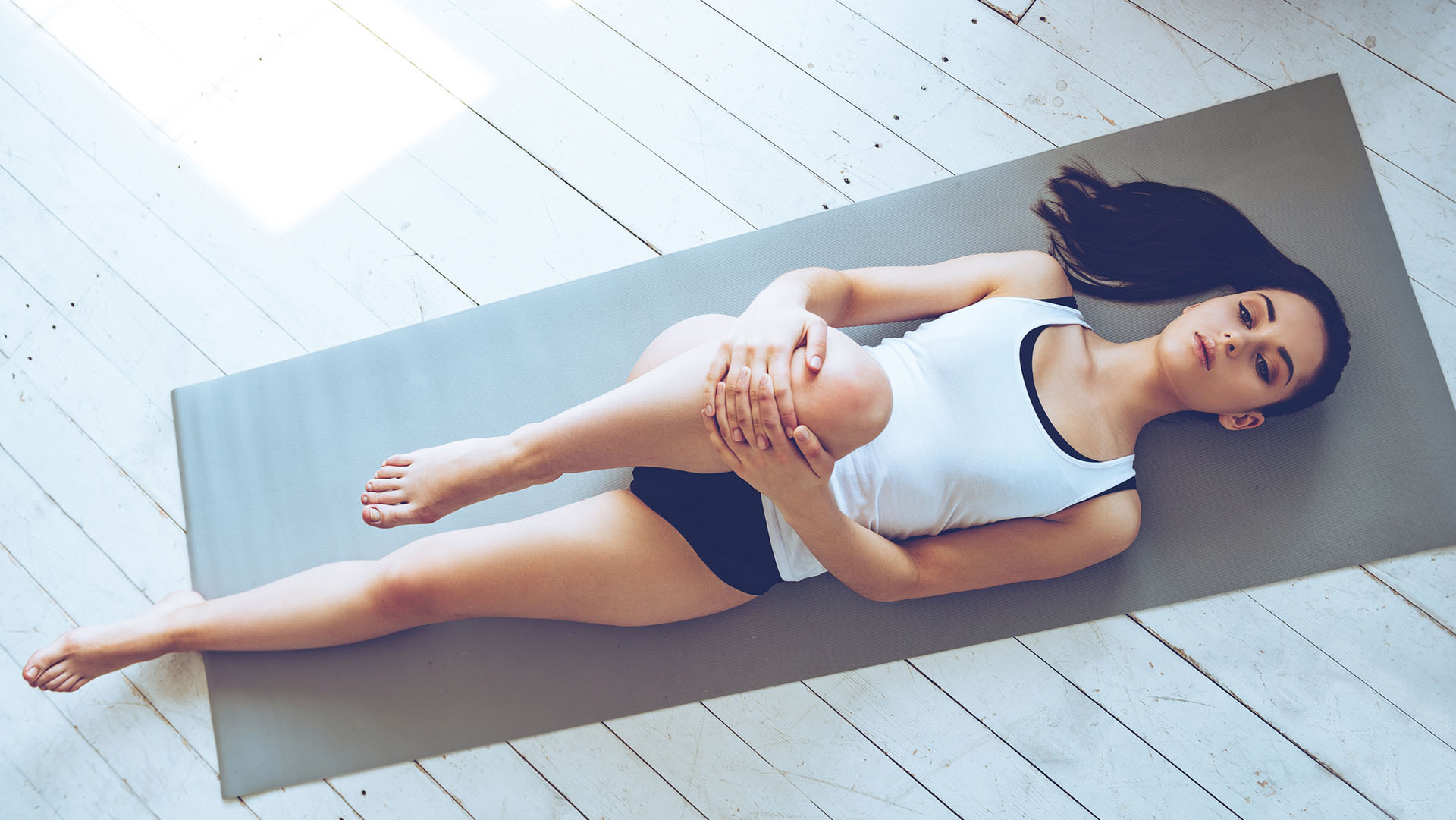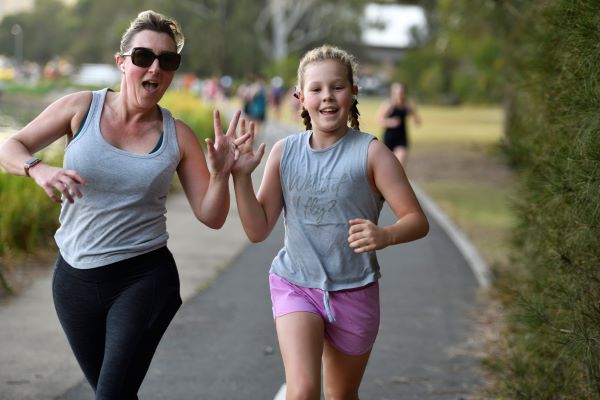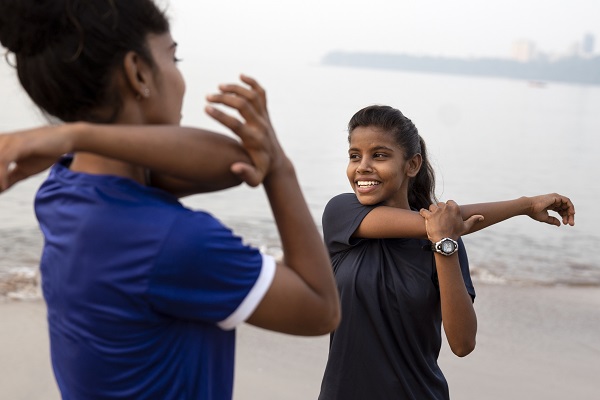-
Sean Williams is a full-time running coach who is passionate about helping people on the road to fitness and wellbeing. Based in NSW, his daily training and squad sessions take place in Sydney’s Centennial Park, where he strives to get the absolute best out of every runner under his care.
We asked Sean to tell us about the role of the coach and what to look for when choosing your own.
Who can benefit from training with a coach?
Any runner willing to listen to advice and implement this advice. It can be anyone from absolute beginners to the very best in the world, 100 m sprinters to ultra-marathoners. The best two runners on the planet at present are Usain Bolt (sprints) and Mo Farrah (distance). They consistently praise the value of their coaches.
For someone who hasn’t worked with a running coach before, what is usually involved?
There are many ways that coaches begin a coach/athlete relationship. Initial contact is often made online these days, although personal contacts from the word go are still quite popular. The athlete will usually have to fill in a questionnaire about their running history (if any) including race results, personal best performances, the amount of time they have free for training and racing, plus any information on health or injury issues.
They will then often be asked to perform a key session or time trial and possibly some other physical tests so the coach has an indication of the stage of development of the athlete. Once they have the basic information, most coaches will then formulate a training program and begin the sessions.
What are the benefits to being part of a running club?
A running group provides:
- Coaching that caters for various levels and usually for individual needs
- A social group environment where members share a common interest
- Opportunities to compete as part of club teams
- Training partners that push fellow members along in challenging runs and sessions
- Mentoring by senior club members
- Access to the best running courses in the area
- Club discounts in races
- Running training camps and weekends
What is the most common advice you give to runners looking to improve their endurance times?
Train consistently. The best way to do that is to stay enthusiastic and not to overreach for speed. Let the speed come to you. Overtraining can lead to illness and injury, which equals lack of consistency.
What should people look for in a running coach or running group?
It is best if the head coach has plenty of experience as a coach – not just experience as a competitive runner. You will often see ads for running groups with key advertising tags being about the coach’s personal running history – e.g. “be coached by world champion runner” It means very little compared to what their actual coaching history and credentials are.
The coach should be easily accessible. Full time coaches will usually fit into this category, compared to part time coaches who often have a very hectic life on top of their coaching. The group should be reasonably priced and hopefully do most of their training on soft surfaces.
What running fads have you seen come and go in your time?
The only multisport involving running that has truly stood the test of time in the last 30 years has been triathlon. There have been countless other multisports that have come and gone with the wind. Many fads have involved gear and apparel. These include Lycra one-piece running suits, men running in budgie smugglers, painters caps, over-cushioned running shoes with incredibly high heels and compression socks. Other fads barely surviving on the run these days are caffeine consumption as a major performance enhancement, high-rise building stair races and running strollers. Some fads that are currently with us which probably won’t have the same popularity in a few years are Tough Mudder-style events and Strava.
What advice do you have for people training for their first marathon?
Respect the distance. You need plenty of mileage in your legs to gain the endurance to cover 42.2 km. Be sure to gradually build up your weekly long run in training. Aim to do at least one training run of 32 km or longer three weeks or more before the race. The more of these long runs the better.
Why do you love doing what you do?
I would run and coach even if it wasn’t my job. In fact it would be my number one hobby. I get depressed if I am not able to run and coach due to health or any other reason – a pretty sure sign that I love it!
Sean Williams Endurance and Training (SWEAT) Sydney hosts some of the city’s biggest running groups that cater for all ages and all levels. Regular running camps are also held throughout the year. Find out more at sweatsydney.com.au
The benefits of training with a running coach

-
Stretches for gym enthusiasts
8 stretches to help you cool down from workouts
-
Stretches for office workers
Stretch out your back and relieve stress
-
Stretches for runners
Stretch your legs, hips and back after a long run
-
How to walk 10,000 steps
Discover how to easily reach your goal of 10,000 steps daily.
-
Everything you need to know about parkrun
Been wondering what a parkrun looks like? Where do you go? What do you do? How do you sign up? Find out here.
-
Five ways to exercise when on a budget
You don’t need to spend money on gym memberships just to meet your fitness goals. Here are five free ways to stay healthy and active when you’re living on a budget.
Subscribe to receive the best from Live Better every week. Healthy recipes, exercise tips and activities, offers and promotions – everything to help you eat, move and feel better.
By clicking sign up I understand and agree to Medibank's privacy policy






